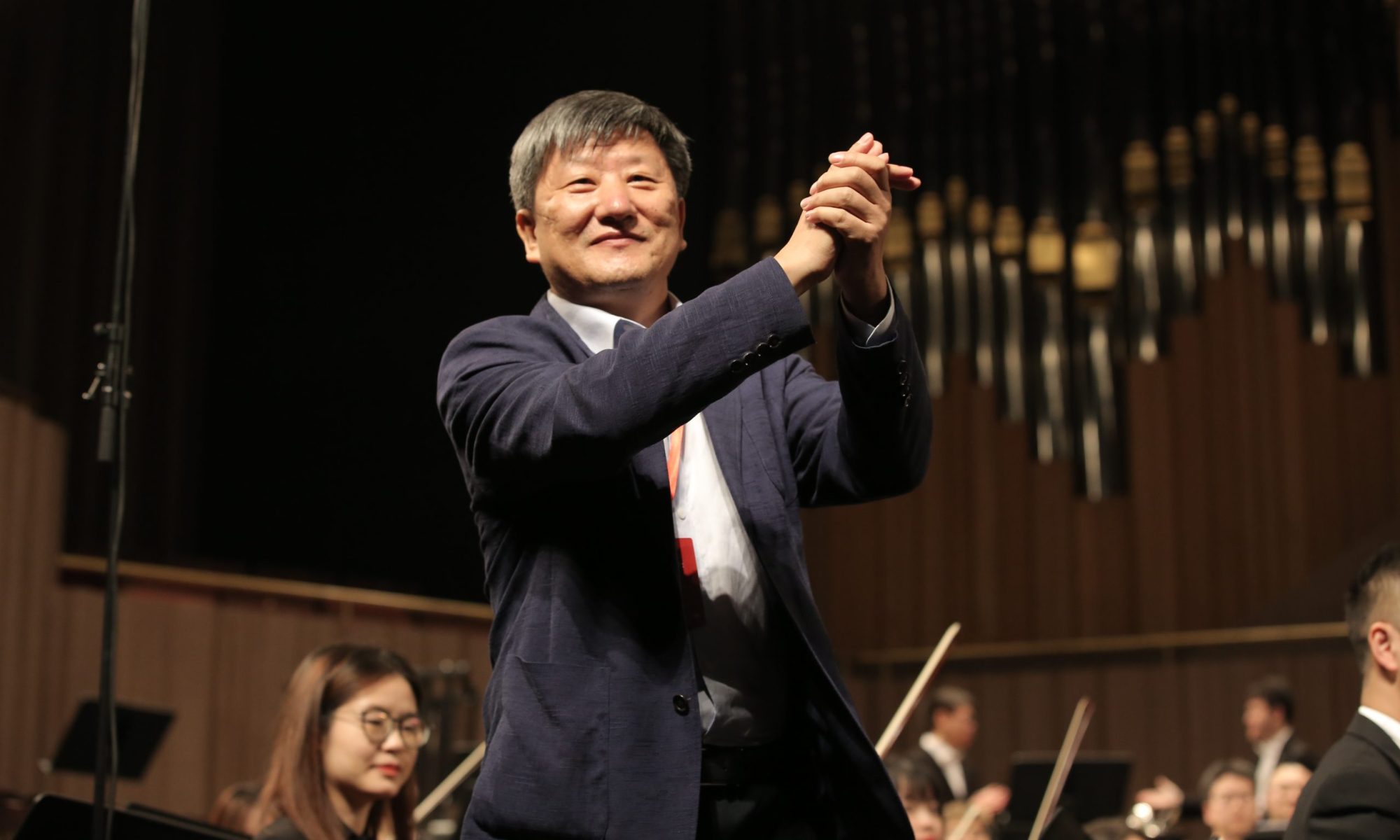
JIA Guoping is a professor of composition and academic supervisor of doctoral students at the Central Conservatory of Music in Beijing. He was also the director of Institute of Musicology in Central Conservatory of Music/Key Research Institute of Humanities and Social Sciences at Universities of China.
JIA Guoping was born in 1963 in Shanxi Province of China. From the year 1975 to 1977, he studied Jinhu (a Chinese traditional string instrument) playing at one performing class in Lishi, Shanxi. In 1977, he began to play Jinhu as a dominant player in Jin Opera Troupe of Lishi. From 1980 to 1984 he studied Jin Opera music at Jin Opera Academy of Shanxi. From 1984 to 1987 he was director of the music department at Culture House in lvliang, Shanxi. In 1987, he began to study composition first with Qu Xiaosong then with Prof. Xu Zhenmin in the composition apartment of the Central Conservatory of Music, Beijing. In 1991, he graduated in advance and began to teach
composition at the Conservatory. In 1994, he received a scholarship from the German Academic Exchange Service DAAD (Deutscher Akademischer Austauschdienst), which enabled him to study composition first with Prof. Rolf Hempel then with Prof. Helmut Lachenmann at the State University of Music and Performing Arts in Stuttgart, Germany. After graduation from Stuttgart with künstliches Aufbaustudium in July 1998, he returned to China and kept on teaching again as an assistant professor, then got the composition doctor degree by Prof. Wu Zuqiang in the year 2006 at the Central Conservatory of Music, Beijing.
Jia Guoping’s composition pieces involve various genres such as chamber music, orchestral music, ballet music and so on. Most of his scores have been published by the German international music publishing company “Sikorski”. His pieces were performed by a lot of world-famous music ensembles and orchestras, such as the Arditti Quartet, the Toronto New Music Ensemble, the E-Mex Ensemble, the Deutsche Symphony Orchestra, the Munich Philharmonic
Orchestra, the Mannheim National Opera Orchestra, the China National Symphony Orchestra, the Mexico OFUNAM Orchestra, the Hong Kong Chinese Orchestra and so on. Representative pieces are: Winterblumen for harp and computer(1995), The lone pine singing in the wind for woodwind quintet (2001), The Wind Sound in the Sky for cello, sheng and percussionist (2002), Schweben über grenzenlosem Feld for flute and piano (2002), Der zersplitterte Klangschatten for pipa and four percussionists (2003), Wo kein Klang ist for accordion, violin and cello (2005), Whispers of a gentle wind for pipa, banhu, sheng and zheng (2011), Scattered Shades for quintet (2014), Sparkling in the Vast for sextet (2014), Liuyun for pipa, sheng and ensemble (2015) and the orchestral pieces Qing Diao (1998), Eisfeuer (2005), Falling Leaves Into Deep Valley (2011), Kalaviuka(2012), The pine-soughing valleys for zheng, sheng and orchestra(2014) and Prelude–Drifting in the Firmament for Chinese orchestra(2001).
Over these years, Jia Guoping also committed to promoting the benign development of Chinese contemporary music. He originated “China Con Tempo Composition Competition”, which has already been held successfully for eight times since the year 2007. In 2009 he organized the “Classical Modern Music Composers – Germany Contemporary Music Week” activities. 2010 he initiated “Con Tempo Primo – an educational program for contemporary music” and established the Ensemble ConTempo Beijing, which has been invited to worldwide music festivals. From 2011 to 2014 he organized the “Beijing International Composition Workshop” four times. 2015 he conceived and held the “Training Program for Music Criticism” project, which is supported by the China National Arts Fund.
